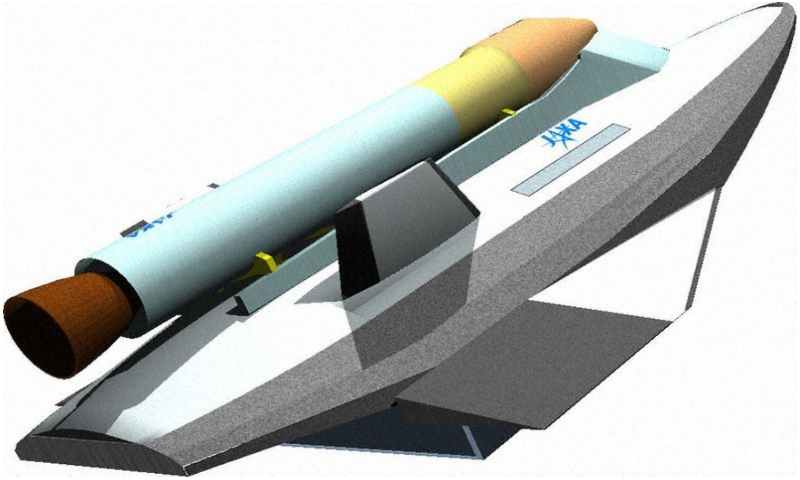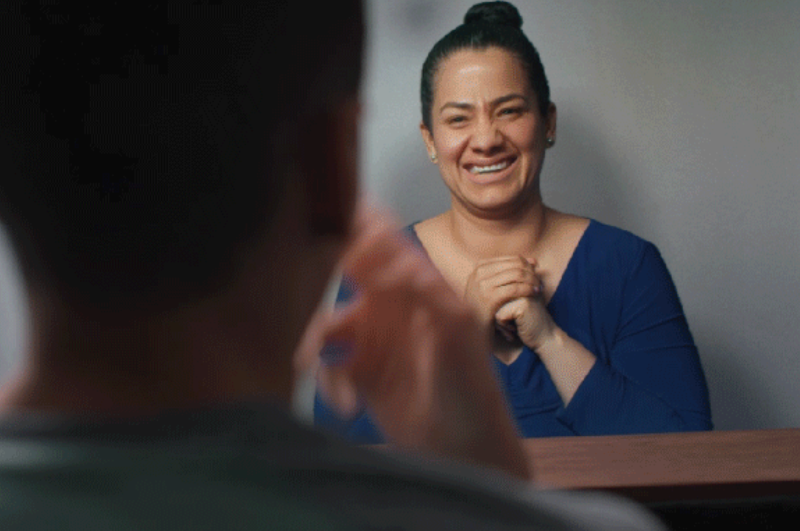Volcanoes are erupting in The Philippines, but on-fire Australia received some welcome rain. The Iran war cries have been called off and The Donald’s military powers are about to be hamstrung by the Senate. Meanwhile, his impeachment trial is starting, and we’re all on Twitter for a front-row seat.
What Could Go Right? Tech solves for the climate crisis
We’re all things science and technology this week, sharing very promising projects that suck carbon dioxide from the atmosphere, make carbon-neutral gasoline out of thin air, and more.
This is our weekly newsletter, What Could Go Right? Sign up here to receive it in your inbox every Thursday at 6am. You can read past issues here.
We’re all things science and technology this week, starting with the climate. What if we could suck carbon dioxide from the atmosphere using trees, peat, and charcoal, make carbon-neutral gasoline out of thin air, or tap into the clean energy hiding in our sewers? These projects, in the United Kingdom, Germany, and Denver, Colorado, respectively, have all begun. While none will solve the climate crisis single-handedly, we are working on it, and we believe that we will get to a sustainable future. (We especially love the sewer energy mining because it makes us feel less guilty for using so much hot water in the shower.) Biden gets an honorable mention for opening the way to bring floating wind turbines to the Pacific. And late yesterday, the law jumped deep into the climate game with a landmark ruling from a Dutch court that instructs Shell to slash its CO2 emissions 45% by 2030.
In a truly gobsmacking piece of news, a blind man was able to partially see after scientists added a gene from algae into his retina and then used goggles to trigger the new light-responsive cells in his eye. Actually, algae may be having a moment—if you live in Europe, by 2022 you may be eating lots of sustainable microalgae, a new alternative protein.
In England, a robot paramedic is now being used for the first time to deliver chest compressions, freeing up the human paramedics to focus on other parts of emergency care. And the Japanese have plans for what looks like a missile strapped onto a surfboard but is actually a passenger spaceship that could bring you from Tokyo to Paris in two hours. We’ll circle back on this when they’re ready sometime in the 2040s. We just need to find a planner that goes 20 years out, first . . .

An artist’s rendition of a spaceship that can land horizontally like airplanes, planned to be made reality in the early 2040s.
(Image courtesy of the Japan Aerospace Exploration Agency)
We’d also like to recommend a recent episode of the Solver’s podcast, co-hosted by TPN Member Courtney Martin and Skoll Foundation’s Nguhi Mwaura. In this episode, Mwuara speaks with Dr. Christian Happi, lead on the Nigeria-based team that took only 48 hours to analyze and sequence the country’s first COVID-19 specimen. It’s a momentous feat considering that less than a decade ago, the sample would have had to have been shipped out of the African continent to be analyzed, wasting precious time to contain a potential outbreak. Dr. Happi’s team also developed an at-home rapid test that costs less than $3, a crucial component of the region’s successful pandemic response.
It’s inspiring to listen to Dr. Happi’s passion and commitment in his own words—he picked up that COVID sample, by the way, personally, PPE-less and with his family in the car—but if you don’t have time for the podcast, the World Bank has a nice writeup on Africa’s response to COVID amidst the scaling up of their scientific capabilities.
The happily downward trend of US COVID cases continues. We’ve hit our lowest numbers since the pandemic started, and the vaccine companies have started ramping up their pledges to distribute doses to low- and middle-income countries. While you may win a cool $2 million in Maryland if you get the vaccine, in one Thai town, one person every week will win a live cow, an announcement that district chief Boonlue Thamtharanurak said has boosted their vaccine registration numbers from hundreds to thousands in just a couple days. (Getting right to the point, he told Reuters, “The villagers love cows. Cows can be sold for cash.”) And if you were wondering if anyone has actually been taking Krispy Kreme up on their offer for a free donut every day—yes, they have, and he’s a comics writer who lives in New Jersey.
Below in the links section, you can read more about police reform, tiny forests taking root, and whether we’re overdoing it on climate crisis alarmism.

Google is up to some Star Trek-level stuff: their new Project Starline creates an image of the person you’re talking to, life-size and in 3D, without either person needing to wear a headset or glasses. Of course, it’s only available to Google employees as of now, but we’re looking forward to this technology becoming widespread and affordable. If only we’d had this for the pandemic!
From us: There’s still a lot of work to do to make American prisons truly rehabilitative institutions. Unlike many countries, the US generally does not have laws restricting time spent in solitary confinement, so people can—and have—spent decades there. But new laws, like one recently signed in New York, are chipping away at the mass incarceration playbook that relies too heavily on isolating prisoners. Read more about the push to end this inhumane practice in our latest Progress in Five Minutes: Ending Solitary Confinement.
On June 10, The Progress Network founder Zachary Karabell comes together with Gillian Tett, editor-at-large for the Financial Times (US), to imagine what a more sustainable and human capitalism might look like. RSVP to attend our next free event, It Doesn’t Have to Be This Way: Rethinking Today’s Capitalism.
Progress, Please
(Found good news? Tweet at us @progressntwrk or email.)
Other good stuff in the news 🌳
- We have tiny houses. How about tiny forests? | DW
- Moderna sees successful vaccine results in adolescents | The Guardian
- How Vienna built a gender-equal city | BBC
- The UN and US are expressing optimism about Libya | Axios
- Washington State has enacted 12 new police reform laws a year after George Floyd’s death | The New York Times
- Mixing COVID vaccines triggers a potent immune response | Nature
- Small businesses have surged in Black communities. Was it the stimulus? | The New York Times
- Once nearly extinct, the Florida panther is making a comeback | NPR
- Covax will receive 200 million J&J doses in a deal that could help vaccinate the world’s poor | The New York Times
- The Biden administration says it can raise $700 billion by targeting tax cheats | CNBC
- Inside Google’s “moonshot goal” to rely on carbon-free energy by 2030 | Axios
- Could innovations in biotech, energy, and space drive the next generation of prosperity? | City Journal
- Having a successful career with mental illness | 80,000 Hours
TPN Member originals 🧠
- The only way to solve the Israeli-Palestinian problem: moral persuasion. | Fareed Zakaria
- An explanation is not a justification. Why a bad-faith take on Darwin is a symbol of a larger cultural symptom. | Robert Wright
- Are we overdoing it on climate alarmism? A new book says yes. | Diane Francis
- “Good conflict” can help solve political divides while “high conflict” can only deepen them. How do we avoid the latter? | Yascha Mounk
- Can faith-based intervention help with herd immunity? | Eboo Patel
- We should be distributing international vaccine doses based on need, not population. | Ezekiel J. Emanuel
- Could post-pandemic capitalism put a higher value on social stability than the pursuit of more? | Zachary Karabell
Upcoming Events
- This Is All I Got: A New Mother’s Search for Home | Alissa Quart | May 27
- The Summit to Speed Up World-Changing Solutions | May 27
- Hay Festival: In Conversation with Daniel Kahneman, Olivier Sibony, and Cass R. Sunstein | Angela Duckworth | May 30
- Debt: Ten Years On | Gillian Tett | June 2
- Inside Money: Brown Brothers Harriman and the American Way of Power | Zachary Karabell | June 8
- Your World Better: Talking to Kids About Global Progress, Challenges and What They Can Do To Help | Charles Kenny | June 8


